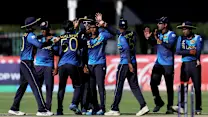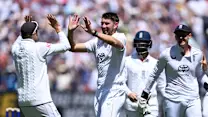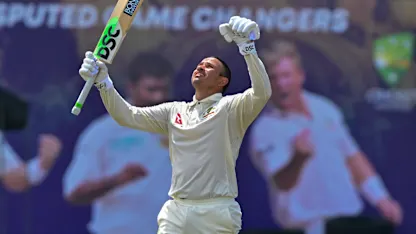News

News
Australia veteran calls time on career

ICC U19 Men's CWC 2026
Sri Lanka name squad for U19 Men’s Cricket World Cup

News
Key takeaways from Australia’s provisional T20WC 2026 squad

ICC Men's T20 World Cup, 2026
Australia name provisional T20 World Cup squad

Men’s Rankings
Rankings rejoice for bowlers in Melbourne blitz
Editor's Picks
ICC World Test Championship
Anderson weighs in on England's tactics at the AshesICC Women's Emerging Nations Trophy, 2025
ICC Women’s Emerging Nations Trophy Day 5 wrapICC World Test Championship
Bavuma in awe of South Africa's 'massive' feat in IndiaICC World Test Championship
ICC World Test Championship 2025-27: State of Play
